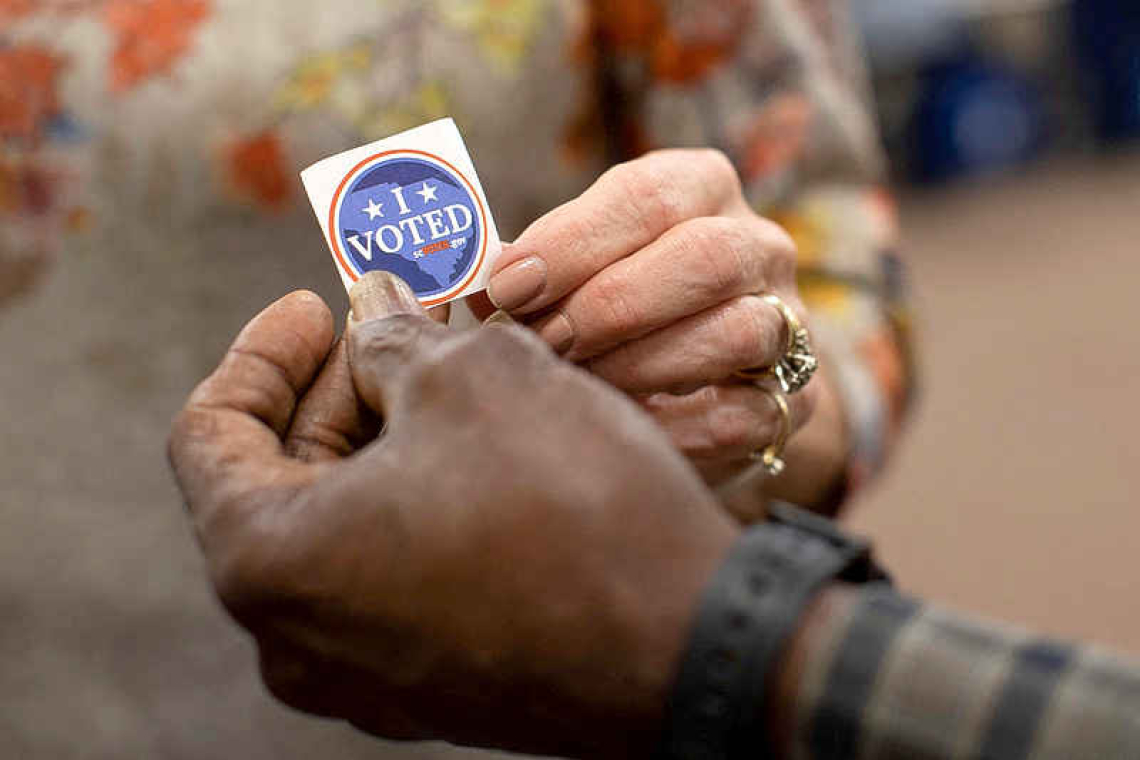WASHINGTON--The U.S. Supreme Court made it harder on Thursday to prove racial discrimination in electoral maps in a major ruling backing South Carolina Republicans who moved out 30,000 Black residents when they redrew a congressional district.
The 6-3 decision, with the conservative justices in the majority and liberal justices dissenting, reversed a lower court's ruling that the map had violated the rights of Black voters under the U.S. Constitution's 14th Amendment, which guarantees equal protection under the law. Conservative Justice Samuel Alito wrote the decision.
The liberal justices expressed alarm that the decision makes it more difficult for legal challengers - who in this case included the NAACP civil rights group, the American Civil Liberties Union and Black voters - to demonstrate that an electoral map unconstitutionally discriminates based on race.
"What a message to send to state legislators and mapmakers" who often have incentives to use race to achieve partisan ends or suppress the electoral influence of racial minorities, Justice Elena Kagan wrote in a dissent joined by the two other liberals. "Go right ahead, this court says to states today."
President Joe Biden, a Democrat, said the ruling "undermines the basic principle that voting practices should not discriminate on account of race."
"This decision threatens South Carolinians' ability to have their voices heard at the ballot box, and the districting plan the court upheld is part of a dangerous pattern of racial gerrymandering efforts from Republican elected officials to dilute the will of Black voters," Biden added.
Gerrymandering involves the manipulation of the geographical boundaries of electoral districts to marginalize a certain set of voters and increase the influence of others. In this case, the Republican-controlled state legislature was accused of racial gerrymandering to reduce the influence of Black voters.
The fight centered on the boundaries drawn in 2022 by the legislature for one of South Carolina's seven U.S. House of Representatives districts. The new map increased the district's share of white voters while reducing its share of Black voters, which the lower court called "bleaching." Black voters tend to support Democratic candidates.
Alito wrote that there was "no direct evidence" that race predominated in the design of the district and that "circumstantial evidence falls far short of showing that race, not partisan preferences, drove the districting process."
The Supreme Court sided with South Carolina Republicans who had argued that the district, which includes parts of Charleston along the Atlantic coast, was drawn to achieve partisan advantage. The Supreme Court in 2019 decided that map-making for partisan gain was not reviewable by federal courts - unlike redistricting mainly motivated by race, which remains illegal.
The boundaries of legislative districts across the country are redrawn to reflect population changes every decade. In most states, redistricting is done by the party in power.
The lower court in March, because of the length of time it took the Supreme Court to act after hearing arguments in October, decided that the disputed map could be used in the Nov. 5 U.S. election that will decide which party controls the House.
Using this map could undercut Democratic chances of regaining a House majority after losing it in 2022. Republicans hold a 217-213 majority. Every competitive district could be crucial to the outcome, with legal battles over redistricting in various states still playing out.







